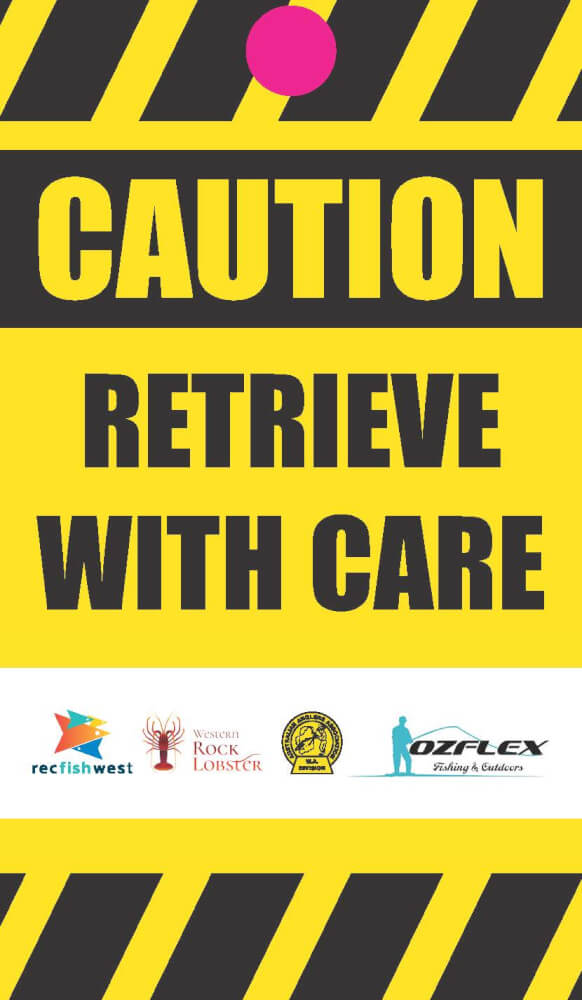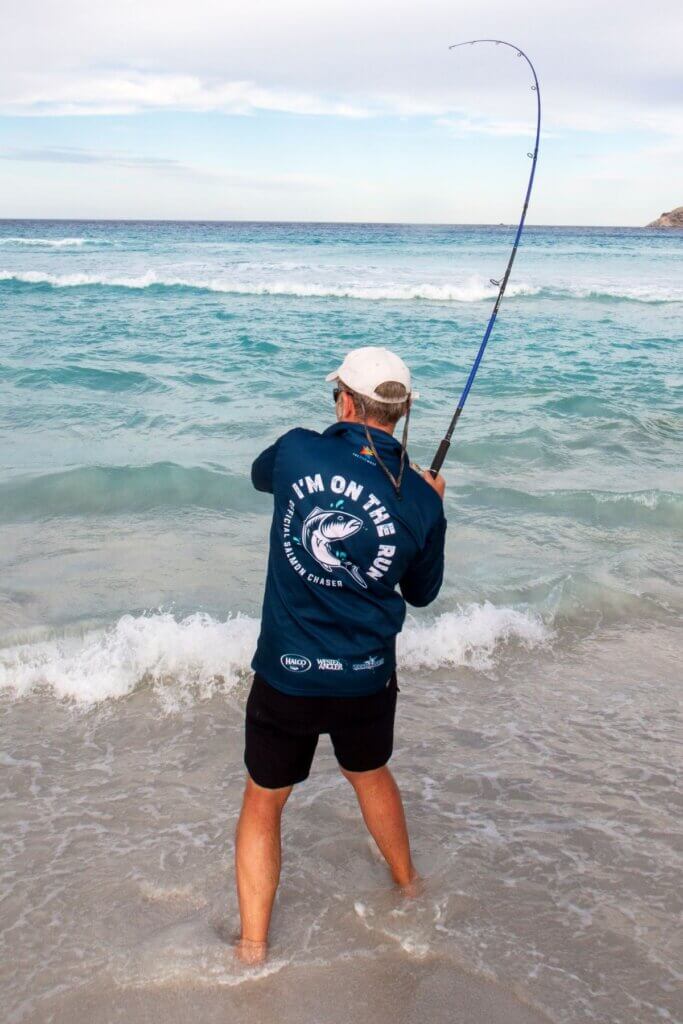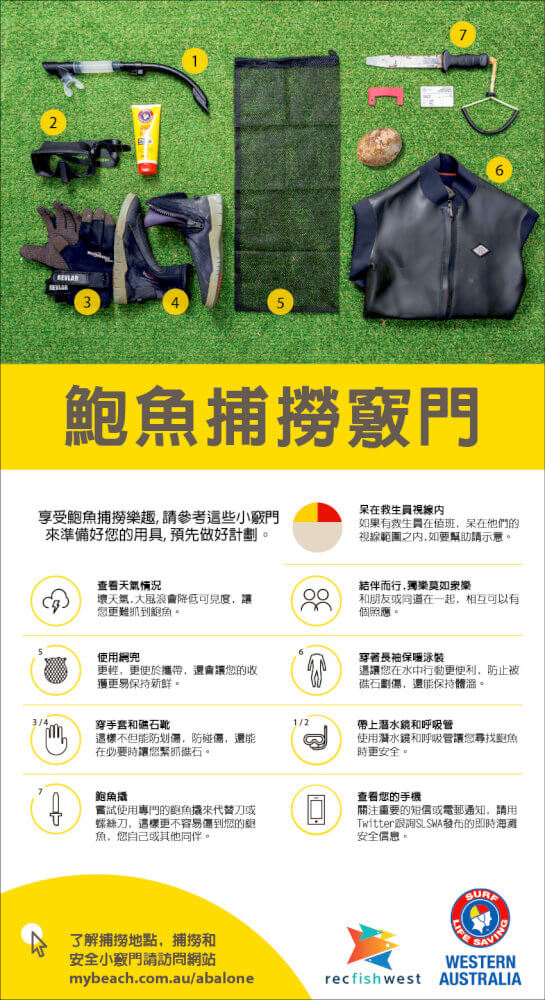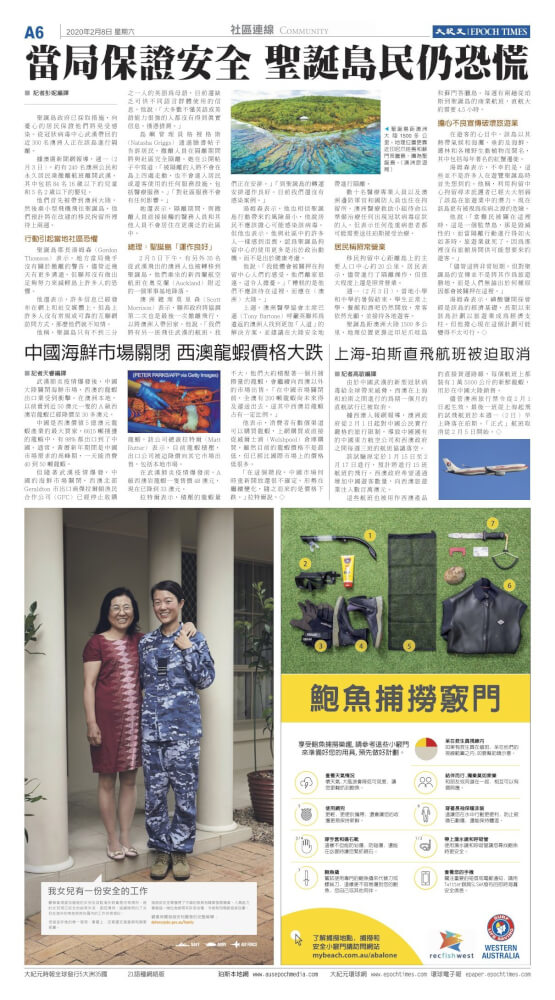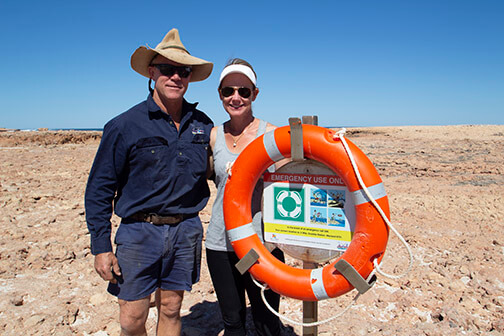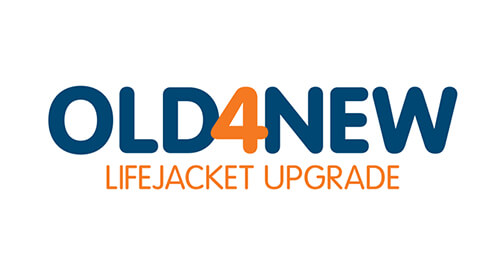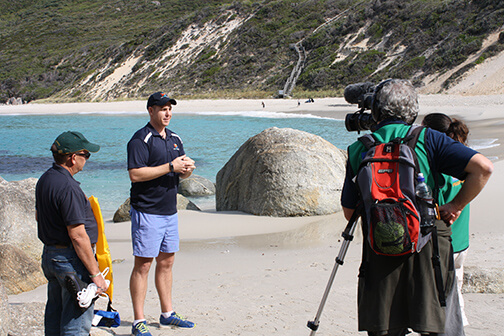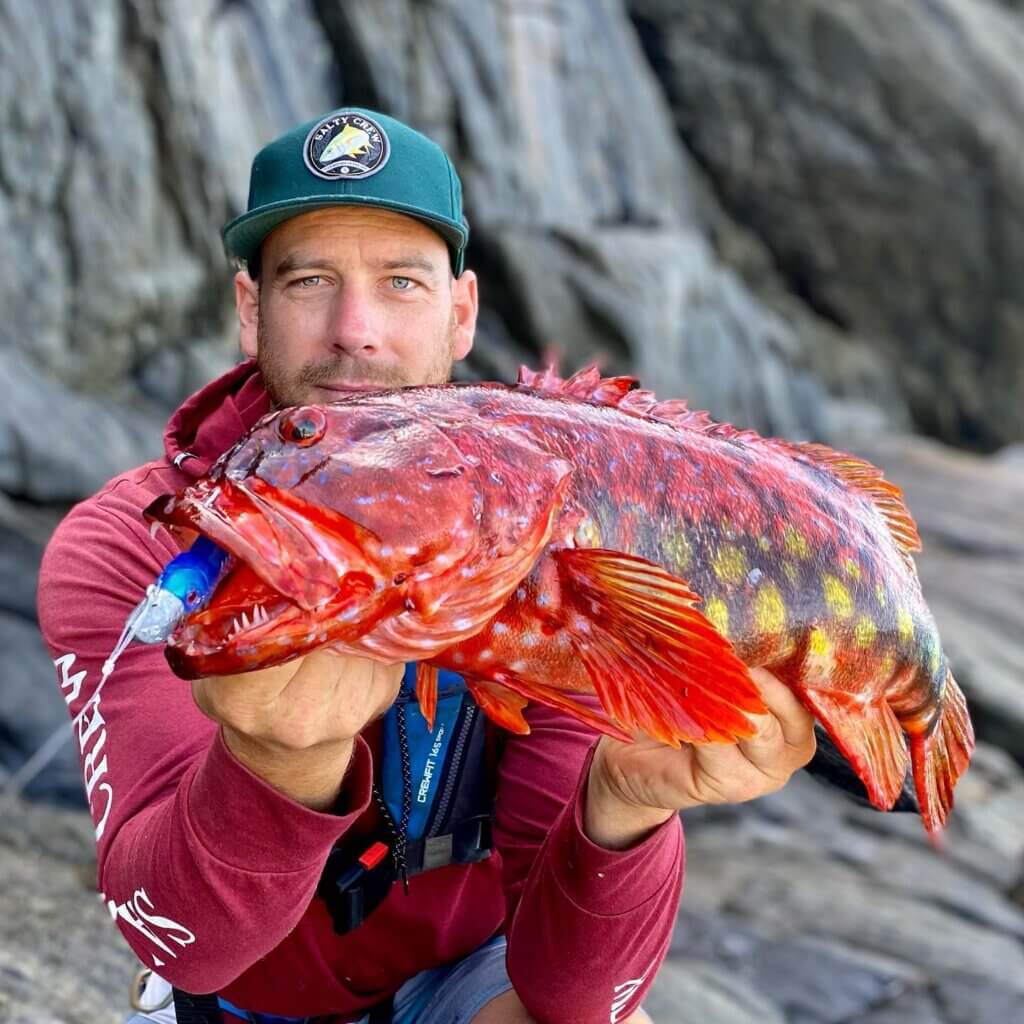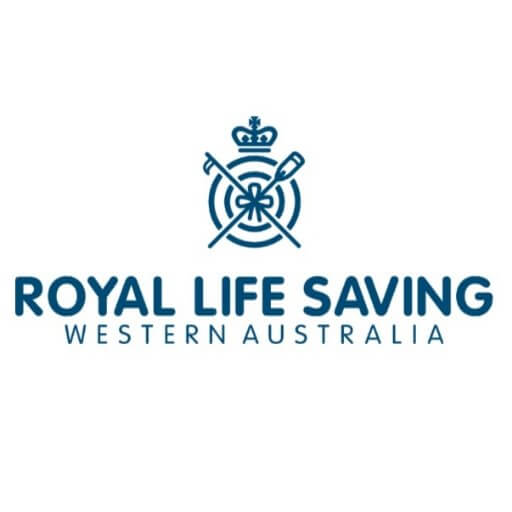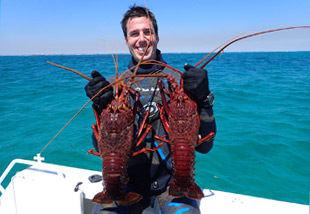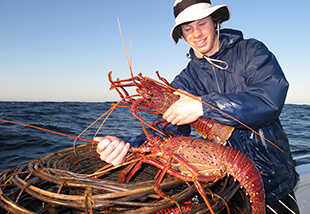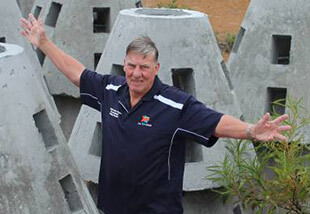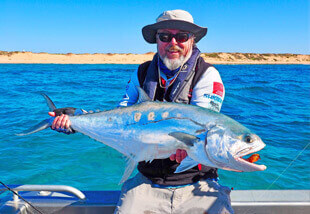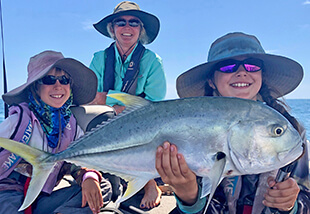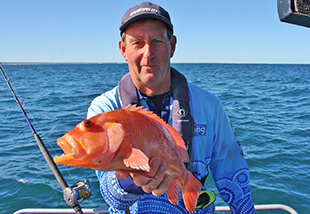Recreational fishing is a highly valued activity by many West Aussies and forms an integral part of the economic and social fabric of coastal and regional communities across Western Australia.
A recent economic study detailed the economic spend by recreational fishers on fishing related activities such as fishing trips and travel, fishing gear and boat fishing costs injects $2.4 billion into the State’s economy each year.
With families, locals and tourists all choosing to spend their time enjoying our coastline, unfortunately not everyone returns home safe at the end of a day’s fishing. It is the rocky coastline, hazardous conditions, slippery surfaces and poor decision making that plays a prevalent role in recreational fishing fatalities in WA.
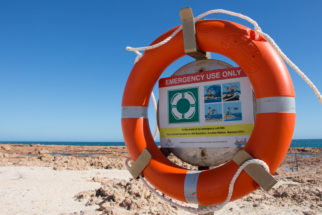
Safe fishing continues to be a high priority for Recfishwest and a major pillar of our strategic plan.
Recfishwest continue to work tirelessly to promote the need for safety to be part of every fishing experience, drive behavioural change towards safe fishing, model safe fishing experiences and invest in safety infrastructure across the State.
Check out and read more about the projects we’ve been working on:

